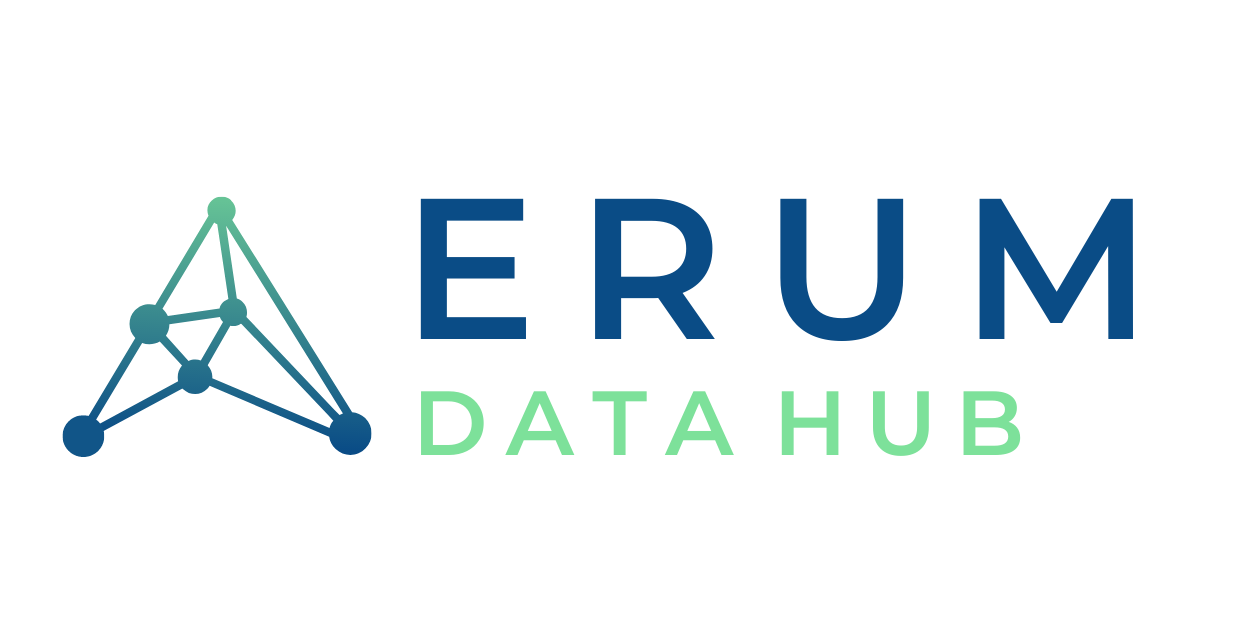
We are strong together.
Cooperations and partnerships are indispensable in particle physics - after all, the big questions facing humanity can only be addressed together, with many bright minds and through successful institutional collaboration.
Cooperation is not only important within the Belle II experiment - Belle II Germany is linked with other scientists and partners for science communication, promotion of young scientists and transfer.
We would like to thank the following partners for their successful collaboration:
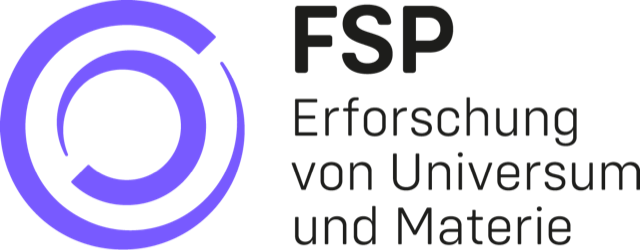
The LHC-ErUM-FSP Office is a joint communication and transfer project of the four ErUM research foci (ALICE, ATLAS, CMS and LHCb) at the Large Hadron Collider. The office organizes a variety of measures for the participating partners in the areas of public relations, promotion of young scientists, and knowledge and technology transfer.

Netzwerk Teilchenwelt is an association of 30 research institutes in Germany that conduct research on the physics of the smallest particles and allow young people and teachers to participate in current cutting-edge research. The offerings in the network make an important contribution to attracting young scientists.
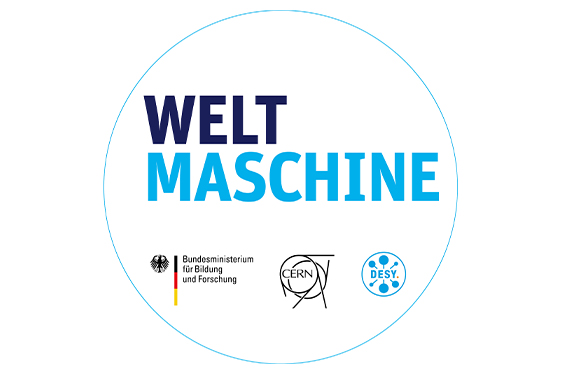
weltmaschine.de publishes news and fascinating facts about the Large Hadron Collider (LHC), also known as the "world machine", CERN and particle physics in general. The website contains information about the mysteries of the universe, exciting research results and the people involved in this research activity.
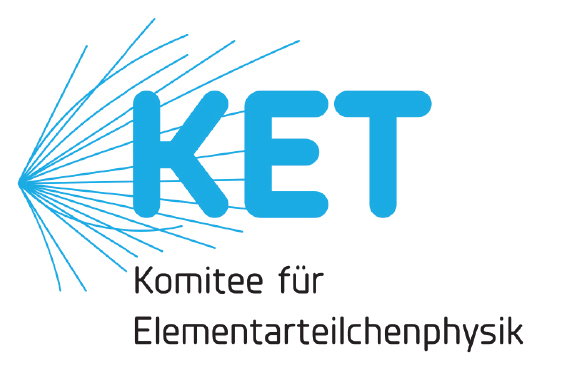
The Committee for Elementary Particle Physics (KET) represents the interests of German particle physicists. Working in close contact with the German particle physics community to achieve the greatest possible consensus, the KET identifies and formulates common goals and represents them in public.
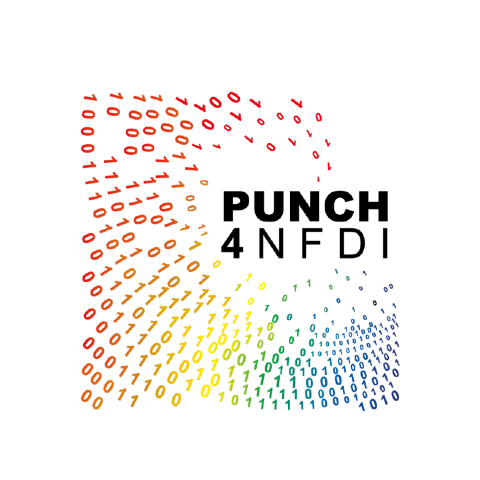
PUNCH4NFDI is the NFDI consortium of particle, astro-, astroparticle, hadron and nuclear physics, representing about 9.000 scientists with a Ph.D. in Germany, from universities, the Max Planck society, the Leibniz Association, and the Helmholtz Association. PUNCH physics addresses the fundamental constituents of matter and their interactions, as well as their role for the development of the largest structures in the universe - stars and galaxies.
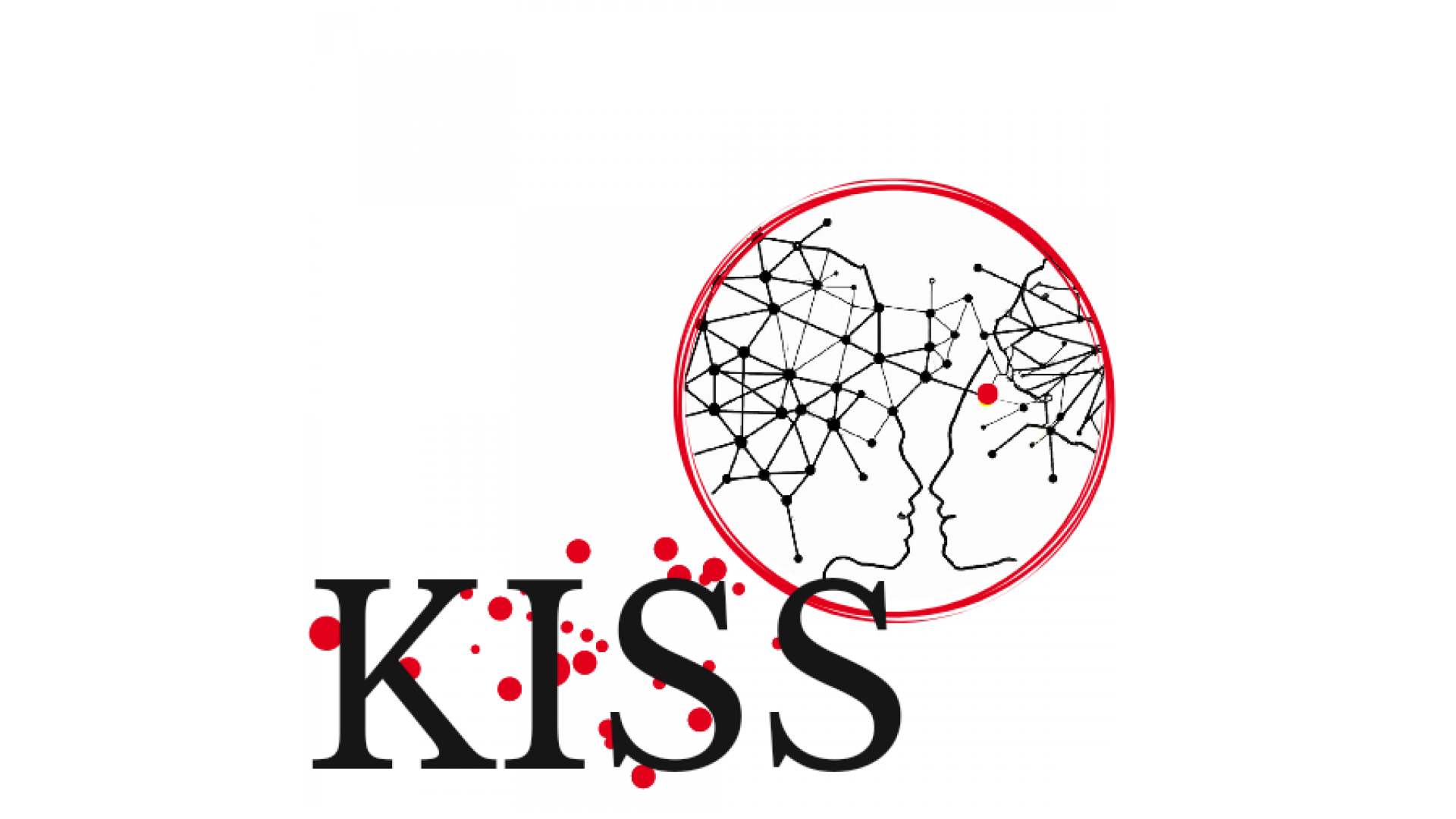
ErUM data-KISS was launched to develop AI-based simulation processes that facilitate the more rapid, more flexible, and more efficient evaluation of research data compared to conventional methods. The KISS project aims at AI-based simulation processes that enable a faster, more flexible and more efficient evaluation of research data than conventional methods.

